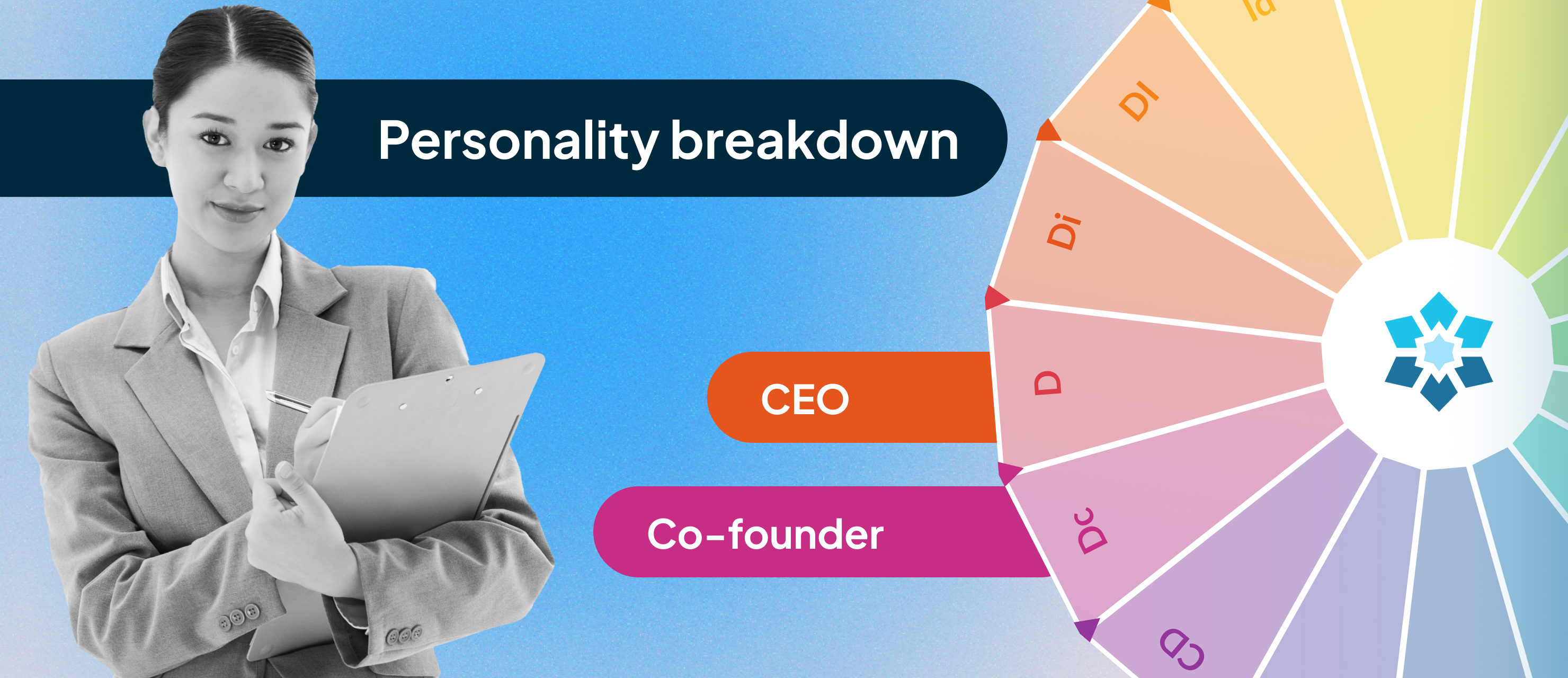
Nowadays, sourcing is all about reaching competitive talent in new, unique ways. It’s easy to get lost in the clutter of a potential candidate’s inbox. Your email only has a small chance of being opened and read if you send mass, generically templated messages. The same boring subject doesn’t cut it anymore, and most will leave you in the “junk” folder.
According to a Career Builder survey, 31% of people expect to receive personalized emails from companies and recruiters that reach out with job opportunities. Modern workers don’t want to work for a company that doesn’t show any regard for them as an individual, even in outreach.
The good news is that just a small amount of effort can help you turn your response rates around. Making an email more personalized makes a significant difference. By adapting your messaging to fit the recipient, your emails can recruit the best talent rather than falling to the back of their inboxes.
Whether you’re using LinkedIn InMail or reaching out directly with a sourcing platform, it’s easy to make adjustments to your messaging. Even small changes will leave a lasting impact. One of the best ways to transform your outreach is by using personality-focused templates. Essentially, this approach allows you to use a set of several templates that each appeal to different kinds of people. Using personality tools, like Crystal, to predict a potential candidate’s personality will help you identify which candidate should receive which template.
Here are some tips for building your own personality-focused templates:
For assertive, confident types:
- Clearly communicate the job title and broad responsibilities
- Provide some idea of the compensation
- Give a quick, catchy reason why your company would be better for them
For creative, social types:
- Keep your outreach high-level and lively
- Focus on the most exciting, unique aspects of the opportunity
- Make it clear how they can respond or apply for the position
For caring, warm types:
- Highlight your company’s culture and collaboration
- Let them know you’d be happy to have them on the team
- Recognize and affirm an aspect of the work they’re currently doing
For reserved, analytical types:
- Share specific data and sources to back up any claims you make
- Give an overview of the day-to-day role expectations
- Offer clear information about the benefits your company provides
As an example, let’s say you’re looking to fill an opening for a product designer. Suppose you’re reaching out to a social personality who may be naturally well-suited for the more creative aspects of the job. In that case, you may want to use phrases like “we’re quickly becoming the biggest innovators in the field” and “we’d love for you to join us!” This will likely help them feel more excited by the opportunity and included by the team.
However, that same messaging wouldn’t work for a more reserved, analytical type. Instead, you may want to adapt your messaging to use phrases like “X company relies on trusted research” and “we provide a 401k match program of up to 4%”.
By spending a small amount of time building your more customized templates and identifying your audiences’ personalities, you can increase your open rate and hear back from top talent.








